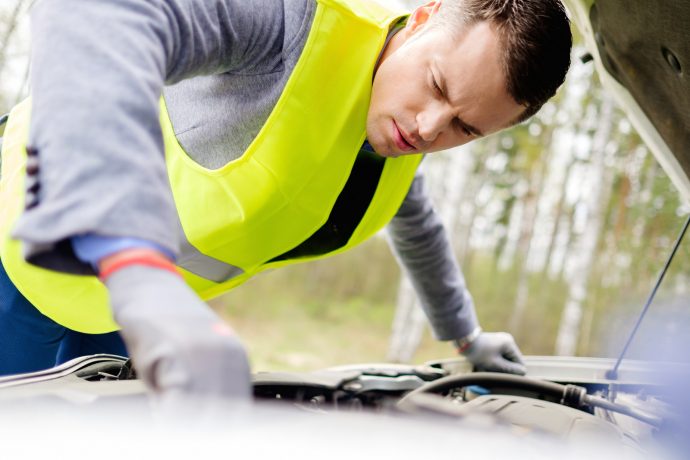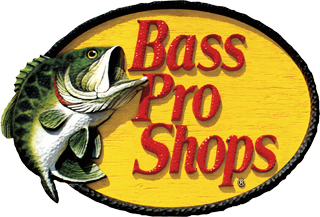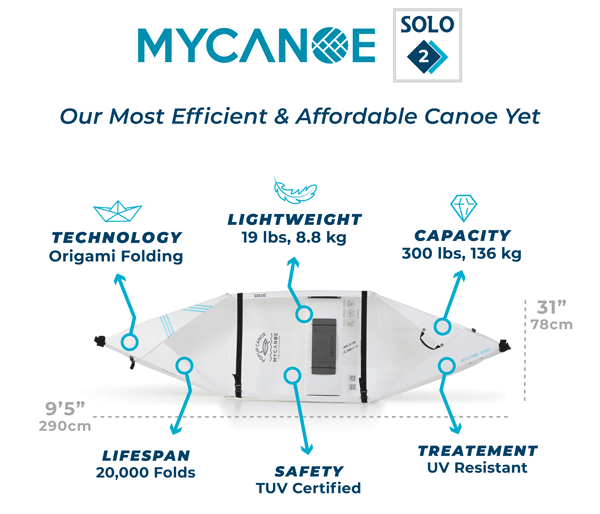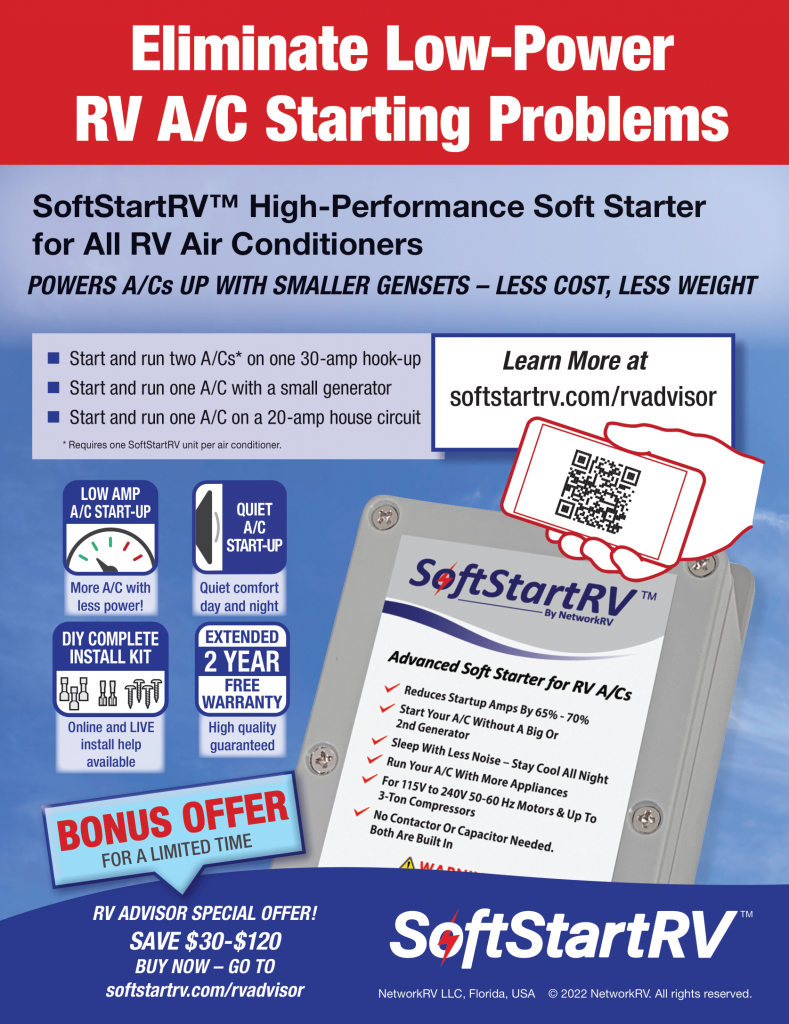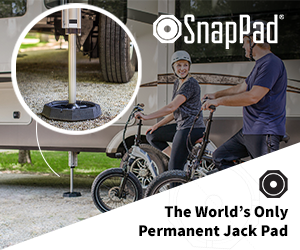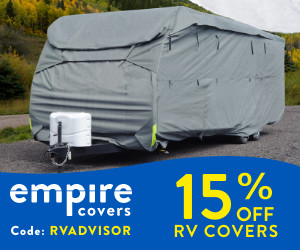If you’re in the market for a new RV there’s a good chance you’re looking to every available avenue to get your hands on one. Whether it’s for a single road trip, or you’re looking to make use of an RV for routine use for camping and travelling with friends or family, there’s a lot to consider in choosing an RV.
For many of us, there are typically two choices beyond simply renting an RV for a holiday, and that’s buying a new RV or fixing up a vehicle you already have, or buying a second-hand model.
In this article, we will take a look over a few of the things to consider and whether you might want to consider buying new over fixing an RV, or vice versa. To add, it is always important to consider your safety and the safety of others when investing in any type of recreational vehicle, and so if you’re suspicious of the older vehicles on the market, or if your RV has had its fair share of rough days, it might be worth looking elsewhere or considering a new model.
Begin with a Budget
To kick off our list of things to consider, it is a good idea to start with your budget when looking at a new buy or a fixer-upper.
In some cases, though not all, it may be cheaper to buy a new RV rather than working to fix up your old model. If you’re looking at an engine replacement or a full re-decking out of your RV’s interior, then things are going to get quite costly very quickly, and so an all-new model might be on the cards for you.
Added to this, your budget will also help to guide you in buying a new or second-hand RV. Some RV’s can become quite costly, and so your budget may top out at a low-end new model, or a high-end used model. And don’t forget about getting a few quotes for your “touring caravan” (most insurers categorize them as NRMA caravan insurance).
With that in mind, your budget should always be your first step to guiding you between choosing a new RV vs fixing an RV
Understand Advertised Costs and Fully Realized Costs
Another major point to consider in fixing vs buying an RV is the fully realized costs of your RV and whether this sways your buying.
What a lot of buyers don’t know is that there is a little more that goes into an RV’s price than just the retail value. As the vehicle is just that, a vehicle, you’re going to need to factor in the cost of insurance, dealership fees as well as registration fees. With this noted, you will find that older RV models are more costly to insure and will also add on a few extra dollars here and there when it comes to government fees.
Those points out of the way and you might find the final realized costs of your second-hand RV might push you to the very end of your budget, or even over-extend it!
The Age of an RV
A third point to keep in mind is that fixing a used RV or your own model will come with a few drawbacks when compared to a new model, and this means you’re going to have to make some decisions here.
For an RV you already own and have owned since new, you will know exactly how it’s been looked after and whether there are any issues. However, going in second-hand will mean that it is a little harder to tell what issues there might be, and this means you will need a little more wiggle room in your budget to cover repair and maintenance costs.
For an RV that is brand new, you’re not going to have anywhere near as many of these issues, and so though the upfront cost may be higher, you could be saving money down the line.
A tip for the times that things do go awry, however, is to make use of services like Enji which will give you the chance to find affordable mechanics and other vehicle maintenance and repair services. In doing this, you could find a better deal for your repairs or vehicle services, saving you time as well as letting you know whether there are any significant issues that need fixing down the line.
The Internal Layout
One of the bigger points that many seasoned RV owners will tell you about used RVs, or repairing and fixing old RVs as opposed to buying new is that there are far more perks that can come from this.
What this means is that you’re able to tear out spaces inside the RV that don’t fit your lifestyle and replace these with something else. Whereas for a brand-new RV you’re going to be far less likely to want to do this, as you’ve spent a lot of money on the new model.
With that noted, if you’re someone who wants a more customised RV internal layout, sticking with your old RV or buying second-hand and renovating the interior is certainly the way to go.
Inspecting Used RVs (Or Your Own)
For those on the lookout for a used RV or intending on fixing their existing vehicle, we have a few checkpoints for you to consider, and these include things such as the RV’s seals and trims and more.
Trims and Seals
One of the first things you’ll want to take a look at are the seals and trims in the RV’s interior and exterior panelling.
These trims are going to tell you a lot about the age of the vehicle and whether it was taken care of, and how well it is going to keep moisture and other external elements at bay when it comes to heading cross country.
Water Damage
A second thing to be mindful of are any signs or issues with water damage. Take a look at whether your RV is showing signs of water damage in carpets, flooring and roofing and go from there to find where some of the leaks are.
Ovens and Fridges
A more minor issue to look out for is to find whether fridges and ovens still work when the vehicle is turned on. If not, these will need to be replaced which can be quite costly.
The AC
One final major point to be on the lookout for is whether the AC works in the vehicle and if you’re going to need to replace this as well. As this is the only appliance that will make travel in an RV bearable, you want to make certain the AC is running correctly.
The Takeaway
Now that you know a little more about used and new RVs we’re sure that you have all you need to make your choice a little easier and be sure that you are always mindful of your safety and requirements you have for your RV and go from there. And before you hit the road, be sure you are covered by the RV Advisor Tire & Wheel Coverage Plan!

